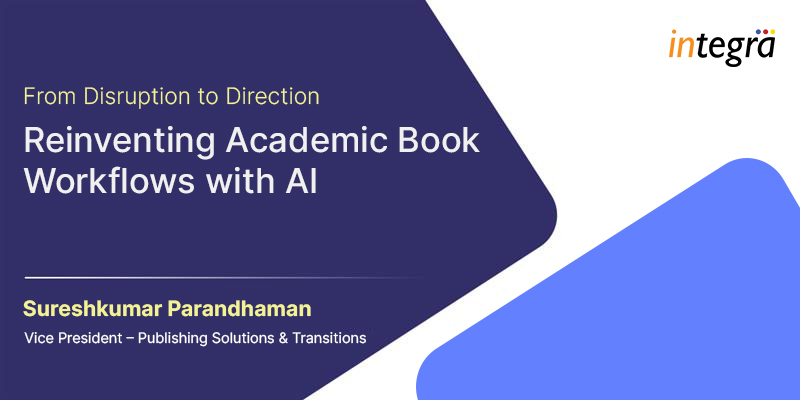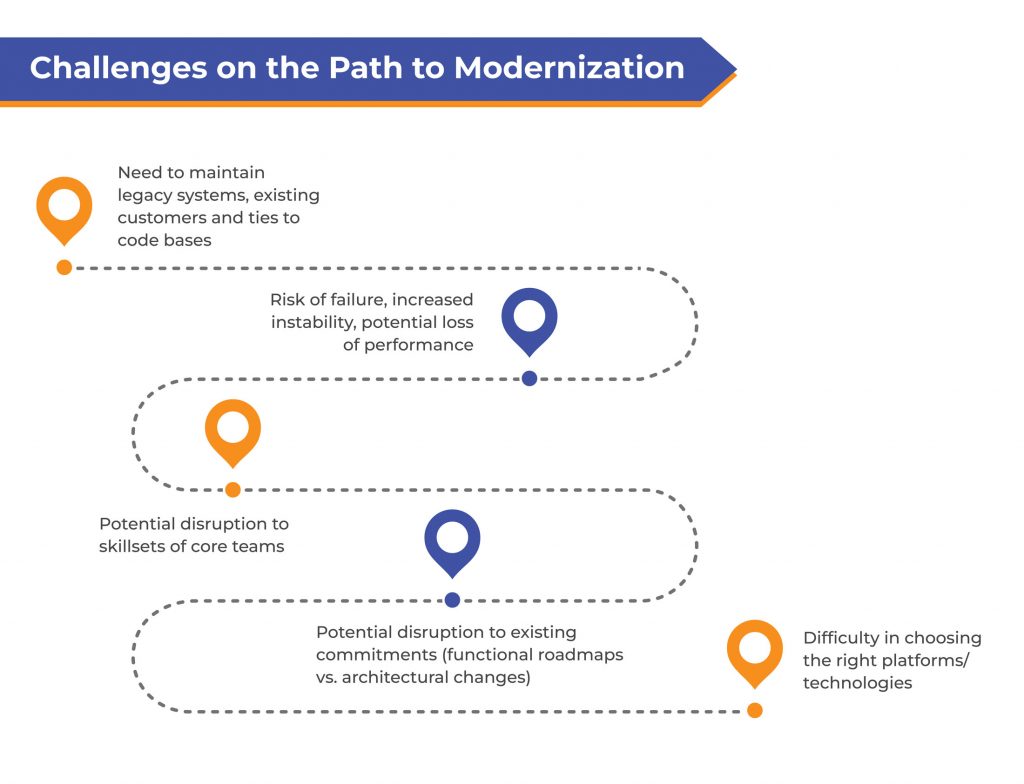Strategies for Selecting and Executing Advanced Product Modernization Services

The application modernization market is currently positioned at a critical inflection point. Forecasts predict a growth trajectory leading to a substantial market value of USD 24.8 billion by 2025. This surge is largely driven by the increasing need for legacy application migration and re-platforming. As enterprises seek to transition away from costly and unsupported mainframe systems, outdated technology stacks, and cumbersome user experiences, application modernization becomes a pivotal strategy. This process not only alleviates the burden of outdated systems but also opens avenues for increased operational efficiencies and a more agile business model. In this context, understanding the nuances of selecting and executing advanced product modernization services becomes crucial for businesses aiming to navigate this evolving landscape effectively.
Understanding Your Modernization Needs
The foundation of any successful modernization initiative lies in a thorough assessment of your current product infrastructure. Identifying gaps and shortcomings in your existing setup is crucial. This step should align with your broader business objectives, ensuring that the modernization efforts drive tangible value and align with your company’s strategic direction.
Evaluating Modernization Service Providers
Choosing the right service provider is a critical decision. Look for providers with a strong track record and expertise in your specific industry. The technological alignment of the provider with your modernization goals is paramount. Additionally, a good cultural and communication fit can significantly influence the success of the project. Vetting potential providers through references and case studies can provide valuable insights into their capabilities and compatibility with your needs.
Advanced Technologies in Product Modernization
The landscape of product modernization is continually evolving, with technologies like AI, Cloud Computing, and IoT playing pivotal roles. It’s essential to understand how these technologies can align with and enhance your modernization goals. However, it’s equally important to weigh the risks and rewards of these technological choices to ensure they meet your business needs effectively.
- Artificial Intelligence (AI): AI’s role extends beyond automation to enabling intelligent, context-aware product features. It’s crucial for predictive analytics and personalized user experiences, leveraging machine learning for continuous improvement and adaptability.
- Cloud Computing: Cloud technology is pivotal for its scalability, facilitating dynamic resource allocation and efficient, cost-effective product evolution. It enables a seamless, decentralized infrastructure essential for modern, agile product development.
- Internet of Things (IoT): IoT connects products to a broader network, enabling real-time data exchange and enhanced interactivity. This integration is key for developing smart, connected products that respond to environmental inputs and user behavior.
- Big Data Analytics: Big data provides insights into vast and complex datasets, critical for strategic decision-making. Its application in product modernization is essential for understanding user engagement and improving product functionality based on empirical evidence.
- Blockchain: For products requiring high security and transparency, blockchain technology offers decentralized and tamper-proof data management, enhancing trust and reliability.
- 5G Technology: The integration of 5G can significantly boost product connectivity and data transmission speed, enhancing the performance of IoT and AI-driven features.
Crafting a Tailored Modernization Strategy
A successful modernization strategy involves a delicate balance between innovation and practicality. It requires integrating your business strategy with the technical requirements of the modernization process. Developing a phased approach can facilitate a smoother transition, allowing for gradual modernization that minimizes disruption.
The implementation phase should focus on best practices that ensure a smooth transition. This includes addressing challenges proactively and ensuring that employees are engaged and adequately trained for the new systems. Effective change management is key to the successful adoption of modernized processes.
Measuring Success and ROI of Modernization Efforts
Establishing clear key performance indicators and metrics is essential for evaluating the success of your modernization efforts. Regularly reviewing and adjusting strategies based on performance data can optimize outcomes. Successful product modernization can lead to long-term benefits, including increased efficiency, market relevance, and profitability.
Future Trends in Product Modernization
Staying abreast of emerging trends in product modernization is essential for future-proofing your business. Anticipating and preparing for continuous adaptation will enable your business to remain agile and responsive to market changes.
Conclusion
In conclusion, product modernization is a multifaceted endeavor that requires strategic planning, careful selection of service providers, and the adept use of advanced technologies. By understanding and implementing these strategies, businesses can ensure that their modernization efforts yield significant returns and position them for long-term success in an ever-evolving marketplace.
Recent Blogs

Research Integrity vs. Publication Integrity: Clarifying Responsibility in Scholarly Publishing

From Disruption to Direction: Reinventing Academic Book Workflows with AI




